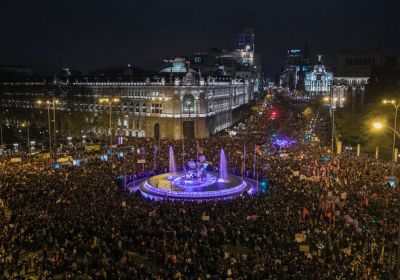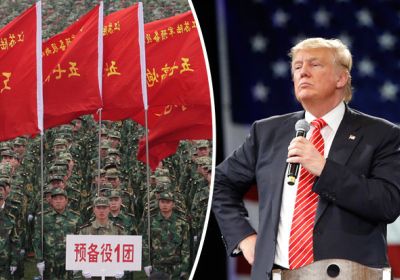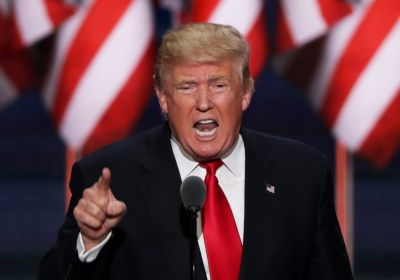-
-
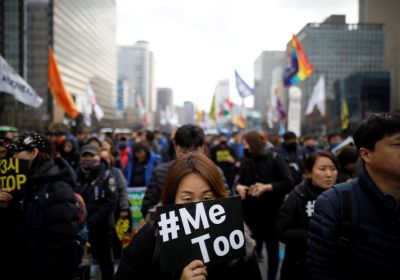
Last October, the hashtag #MeToo went viral around the world as women shared their experiences of sexual harassment and assault.
When South Korean prosecutor Seo Ji-hyun made a historic televised revelation in January of sexual harassment she had suffered in 2010 by a senior prosecutor, it stirred the rapidly spreading #MeToo movement across South Korea.
-
-

This winter has been extremely cold in South Korea, with temperatures regularly reaching well below -10°C — perhaps another sign of climate change.
-
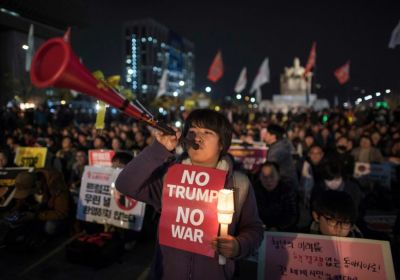
Will a verbal war between a senile dotard and a little rocket man result in an actual war? Probably not, but at the moment, the risk is unprecedented.
The reason it remains unlikely is simply because the consequences of any actions are so catastrophic. Right now, this is the only deterrent to war.
-
-
-
-
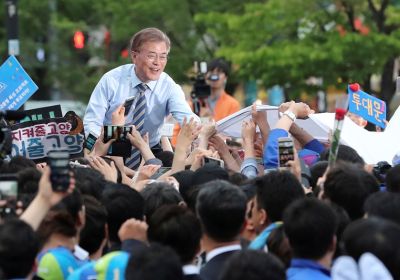
Moon Jae-in, of the liberal Democratic Party, won South Korea’s May 9 presidential election with 41% of the vote, easily defeating his arch-conservative opponent Hong Jun-pyo, who won about 24%.
The elections took place after the impeachment of conservative president Park Geun-hye for her involvement in a huge corruption scandal. Park, from Hong’s right-wing Saenuri Party (renamed Liberty Korea Party in a bid to rebrand), was forced out by the huge “Candlelight Revolution”. Millions of Koreans mobilised in an ongoing series of candlelight protests to demand her impeachment.
The elections also took place in a context of the threat of war in the Korean Peninsula with US President Donald Trump’s administration ratcheting up tensions with North Korea.
-
-
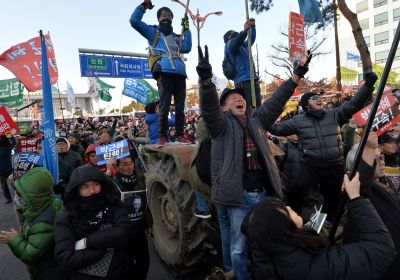
At 11.22am on March 10, Chief Justice of the Constitutional Court Lee Jeingmi announced the court had unanimously decided to dismiss President Park Geun-hye. With that, after a 92-day trial, Park’s presidency was over.
-
South Korea
South Korea

